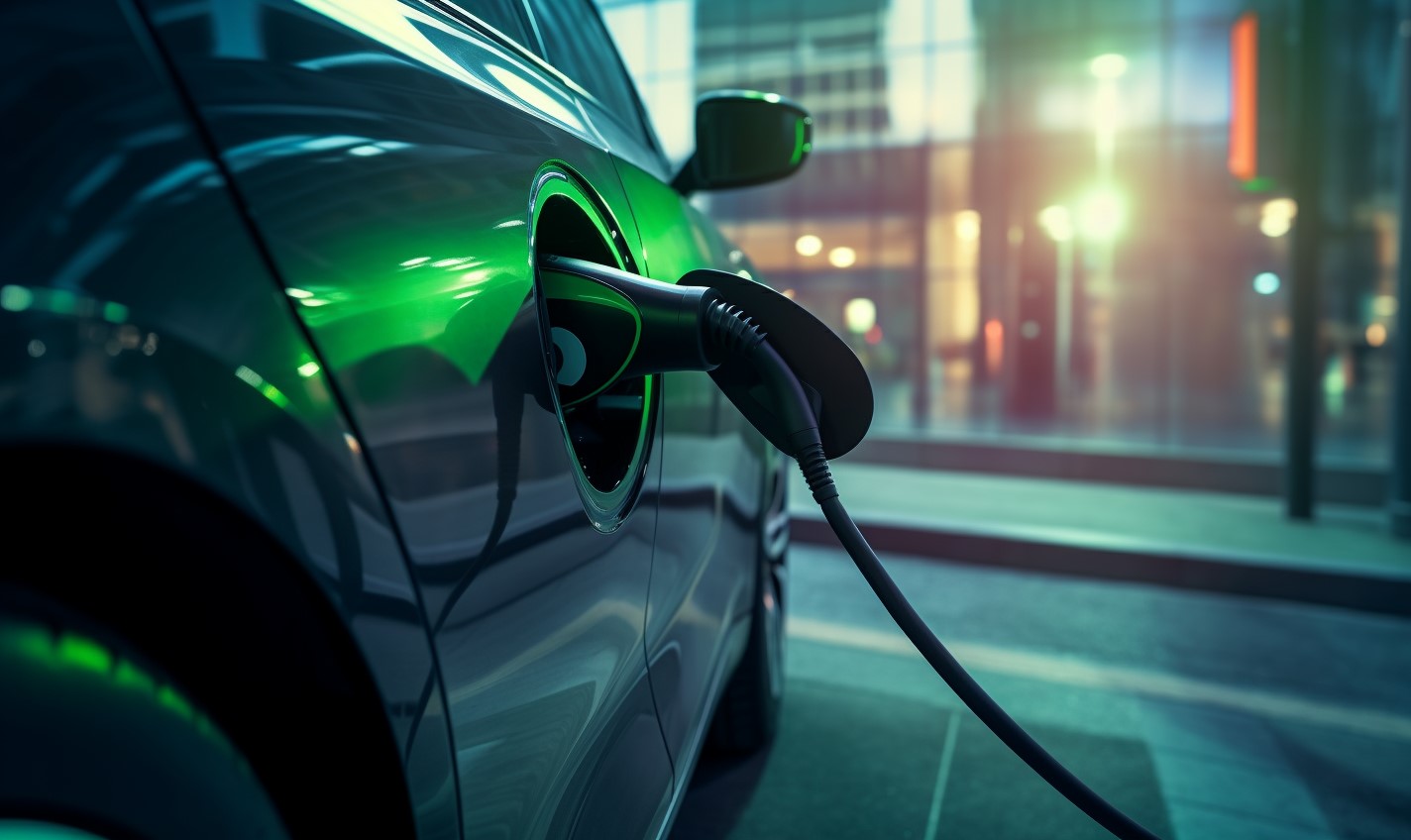The amount of plastic waste in the world is staggering. Every single minute of every single day, human beings use 1,000,000 plastic bottles, less than a quarter of which get recycled.
Couple that statistic with discarded grocery bags, straws and fast food cups casually tossed into gas station refuse bins and trays and wraps from convenience foods, and it’s clear the world needs to clean up its single-use plastic act.
The wheels of corporate America always have turned slowly when it comes to environmental protection. However, the sheer extent of pollution from plastic waste is causing many manufacturers to rethink their business practices.
The move away from plastic couldn’t happen soon enough, as once production of single-use plastics ceases, humans can focus fully on cleaning up the existing mess.
What Causes Plastic Pollution?
Think about the things most people use in everyday life. Cell phone cases? Generally made of plastic. TV dinner trays and wrap? Plastic. Convenience store cups and bags? Plastic, plastic, plastic. And most of these items, once discarded, end up in landfills and eventually the ocean, instead of being recycled.
Medical facilities are notorious users of single-use plastics. Everything from IV bags to one-time use pill splitters consist of the material. However, although health care facilities require a certain degree of plastic use to protect patient safety, even hospitals are taking measures to cut back on the amount of pollution produced.
Recently, Kroger, the nation’s largest grocery store chain, announced it will phase out the use of plastic bags by the year 2025. Hopefully, soon, other large grocery chains will follow suit.
While consumers always have enjoyed the option to bring their own reusable cloth bags to the store, the vast majority of customers sadly pay little heed when the clerk tosses their purchases in a plastic sack. Even when customers do bring their own bags, many stores train their employees to wrap certain items in plastic despite customer protests.
Other corporations are getting on the plastic ban bandwagon. Two of the nation’s biggest fast food chains, McDonald’s and Starbucks, recently announced they are banning the use of plastic straws in their establishments.
Ikea is phasing out single-use plastics by the year 2020, and doughnut big wig Dunkin’ Donuts has pledged to phase out polystyrene foam cups by the same timeline. The Hyatt hotel chain is offering eco-friendly alternatives to straws, and cruise giant Royal Caribbean has also revealed plans to ban non-biodegradable straw use.
Many cities and state jurisdictions have gotten onto the plastic ban bandwagon. In August of 2014, the state of California announced the first single-use plastic bag ban in the nation. They also created a fund where a $.10 surcharge is placed on each recycled plastic bag in an effort to support coastal cleanup efforts.
The state of Hawaii prohibits no-biodegradable bags at grocery store checkouts. In addition, the state prohibits paper bags containing less than 40 percent recycled materials in order to save trees. The state of New York plans to ban single-use plastic grocery bags by March of 2020.
Even the plastics manufacturing industry is getting in on the eco-friendly bandwagon. Plastic production makes up four percent of energy use, but advances in technology allow the industry to switch to less energy-intensive methods.
Global Efforts Toward Eliminating Single-Use Plastics
The U.S., despite some local efforts, lags behind many other developed nations in instituting plastic bans. For example, the European Union has instituted a ban on 10 separate types of single-use plastics projected to take full effect by the year 2021. They’ve also announced a target to recycle 90 percent of all plastic bottles by the year 2029.
Globally, 127 nations place some type of restriction on single-use plastic grocery bags. Many of them require the use of biodegradable materials for any type of disposable carrying sack.
Saving the Earth From Plastic Pollution
Without swift action, plastic pollution threatens to blanket the earth and its waters. However, by taking action now at the national and corporate level, as well as by encouraging individual recycling efforts, we can finally begin to clean up the mess humans have been leaving behind far too long.
Recent Stories
Follow Us On
Get the latest tech stories and news in seconds!
Sign up for our newsletter below to receive updates about technology trends














